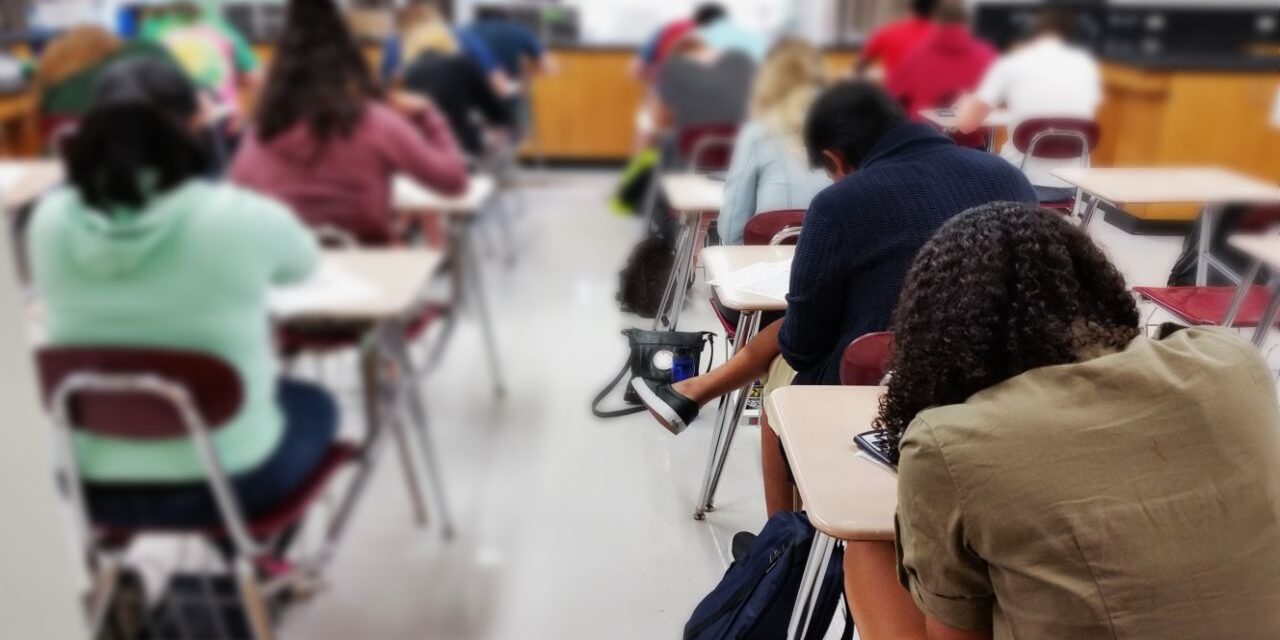We have all encountered distractions while studying. You are sitting at a desk with full concentration, studying carefully, then: wham! all of sudden you get unrelated ideas — lunch this afternoon, the movie you watched a week ago, or an upcoming presentation you are anxious about– all these things invade your thoughts. Or perhaps you’re completely immersed in your study, however your roommates, friends, or relatives barge in your study space at an inconvenient moment.
Table of contents
Internal and external distractions, such as those explained above, make us eliminate focus. However, by strengthening your concentration abilities, you are able to shield yourself against these disturbances. The methods outlined below can help you optimize your concentrated study period, in addition, it can also help you to recover your attention should you get distracted.
Switch Off Your Cell-Phone
It is not a great idea to study along with your mobile phone on, also if it’s set to vibrate. The moment you receive a text, you are likely to look at that! Avoid the temptation entirely by shutting off your device as well as placing them in another room. Need an even more drastic option to keep yourself honest? Request a friend or relative to carry onto your phone during your study session.
The exact same principle goes for your personal computer and tablet unless you are using it to study. If that’s the scenario, make sure to disable every distracting application and notification before beginning the study session. If you end up giving into social websites or game cravings, try out apps such as Freedom or Self-Control to temporarily block access to websites. Inform your family and friends that you are entering study mode so they understand not to contact you unless there is a crisis.
Choose Your Study Environment Wisely
Put a sign on your door informing your roommates or relatives to stay away. If your house environment is deflecting, collect your study materials and head to some cozy study place.
If you are studying in your home, select a quiet area with restricted clutter. If distracting background sounds bother you, then pick up any noise-cancelling headphones and turn to a study playlist (rather instrumental) or white noise. Set up the very best possible atmosphere for studying before you open your books so you don’t need to pause mid-session to make changes.
Related Blogs
Anticipate Your Physical Needs
If you’re studying intently, you’re going to get thirsty. Grab a beverage before you open the book. You may even need a power snack while you’re working, so grab some brain food, too. Use the bathroom, put on comfortable clothes (but not cozy), set the air/heat to best suit you. If you anticipate your physical needs before you start studying, you’ll be less likely to need to get out of your seat and lose the focus you worked hard to gain.
Choose an Appropriate Time
If you’re a morning person, choose the a.m. for your study session; if you’re a night owl, choose the evening. You know yourself better than anyone else, so choose the time when you’re at the height of your brainpower and the least tired. It’ll be much more difficult to focus if you’re battling fatigue, too.
Reframe Negative Thoughts
Negative thoughts make studying all but impossible. If you find yourself frequently repeating self-defeating thoughts, try reframing them into more positive statements:
- Negative: “This concept is too hard for me to learn.”
- Positive: “This concept is tough, but I can figure it out.”
- Negative: “I hate this class. Studying for it is so boring.”
- Positive: “This class isn’t my favourite, but I want to study the material so that I can succeed.”
- Negative: “I can’t study. I get so distracted.”
- Positive: “I know I lost focus earlier, but I’m going to try again.”
The next time a negative thought invades your brain, acknowledge it and try to turn it into a positive statement. Over time, studying will feel less like a burden and more like an intentional choice you’re making in order to achieve your goals. This mindful approach will make you feel more empowered and motivated and subsequently will increase your focus.
Answer Your Internal Worry Questions
Sometimes the distractions aren’t coming from the external world–they’re invading from within! If you’re worried about a particular issue—”Am I going to get good grades?” or “What will happen if I fail this test?”—you might find yourself struggling to stay focused.
Luckily, there’s a solution. It might feel a little silly, but actually answering those internal questions will help you redirect your mind back to wherever it needs to go. If you catch yourself worrying, identify your key worry question and answer that question in a simple, logical manner, like so:
- “Am I going to get good grades?” Answer: “I will speak to my teacher about what else I can do to improve my score.”
- “Why can’t I understand this material?” Answer: “I am studying like I’m supposed to be, so I’m confident that I will figure it out. But if I am still struggling with this material by the end of the week, I will speak to my teacher about getting extra help.”
You can even write out the question and the answer on paper, then fold it up and pack it away for later. The goal here is to acknowledge the worry, accept that it’s there (don’t judge yourself for it!), then return your attention to the task at hand.









